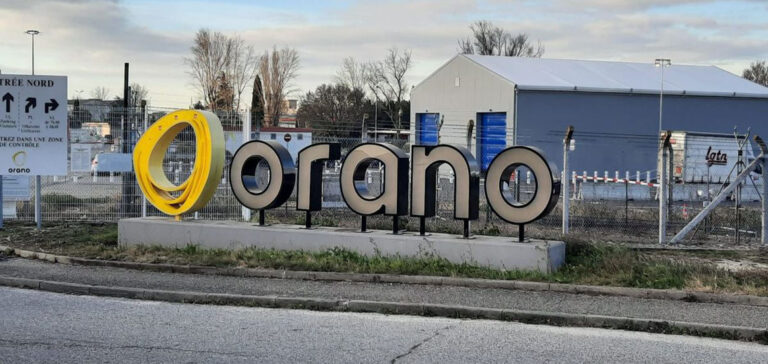Orano, France’s leading uranium producer, recently launched its first mining operations in Uzbekistan. During French President Emmanuel Macron’s visit to this Central Asian country, the company extracted 350 kilograms of uranium. Although this volume is still symbolic, Orano has high hopes for the future of this pilot project.
Uzbekistan in Transition
Uzbekistan, led by Shavkat Mirzioev, has been gradually opening up since 2016 after decades of isolation. However, its economy remains largely state-controlled. Despite this, the country, with its 35 million inhabitants, is attracting the interest of regional powers such as China, Turkey and Russia.
Expanding Agreements and Projects
In addition to Orano, other French companies also signed agreements during the presidential visit. Electricity giant EDF has signed a pre-contract for two hydroelectric projects, while TotalEnergies has signed a memorandum of understanding for the extension of the Tutly solar power plant. In addition, a hybrid power plant project involving solar, wind and batteries has been agreed between Voltalia and the Uzbek Ministry of Energy. The Egis engineering group has been awarded a feasibility study for the tramway in the Uzbek capital, Tashkent.
French Support for Development
The French Treasury will also support projects in Uzbekistan, such as the supply of drinking water to the Kashkadarya region (south) by the Eiffage group, given the largely desert nature of the country. What’s more, French companies are already involved in modernizing Tashkent’s infrastructure, with Veolia and Suez managing district heating and water purification respectively. Since 2016, Agence Française de Développement (AFD) has financed projects worth over €1.3 billion in Uzbekistan, covering urban infrastructure, water management and energy.
President Macron’s visit to Uzbekistan marked a significant turning point in economic relations between France and this rapidly opening Central Asian country. Agreements signed in the renewable energies, uranium and infrastructure sectors illustrate the growing interest of French companies in this expanding market. Uzbekistan, in its quest for modernization and economic development, seems to have become a prime destination for French investment.






















